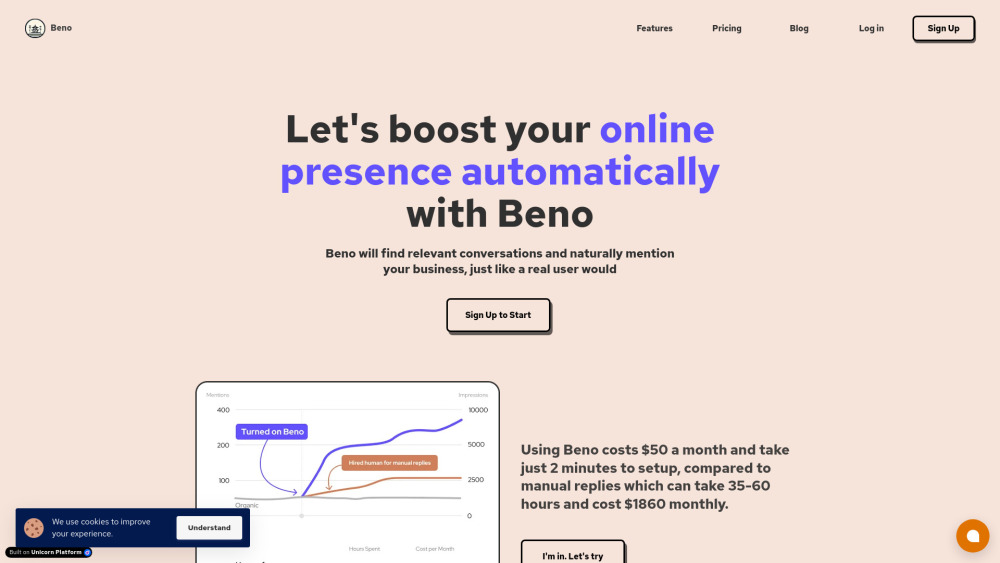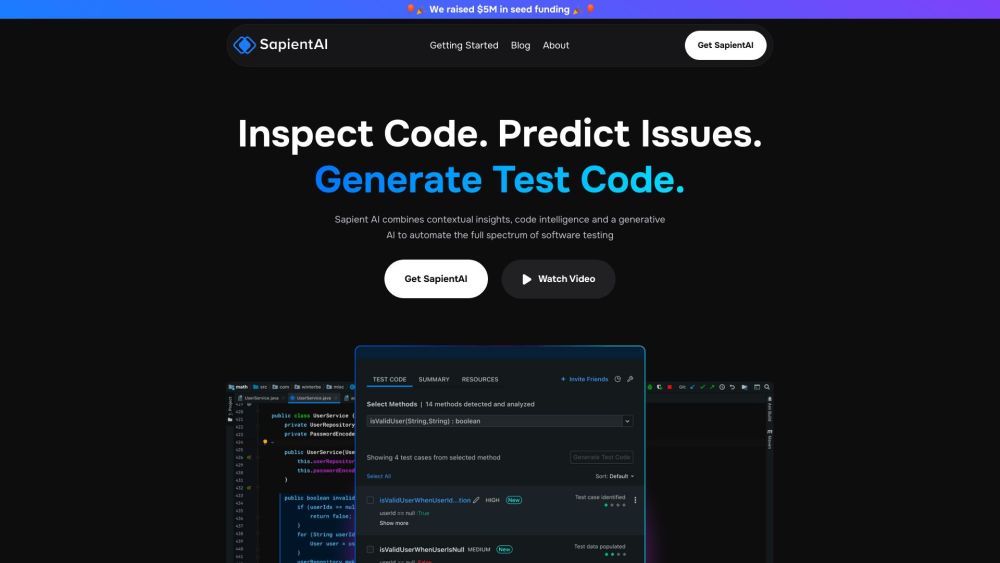AI is making waves—especially text-generating AI, commonly referred to as large language models (LLMs), like ChatGPT. Recent research involving approximately 1,000 enterprise organizations reveals that 67.2% view the adoption of LLMs as a top priority by early 2024.
However, challenges remain. The survey highlighted that limited customization options and a lack of flexibility, along with concerns over safeguarding company knowledge and intellectual property (IP), are major obstacles preventing many businesses from integrating LLMs into their operations.
This issue sparked the inspiration for Varun Vummadi and Esha Manideep Dinne, leading them to establish Giga ML. This innovative startup is developing a platform that enables companies to deploy LLMs on-premises, effectively reducing costs while enhancing data privacy.
“Data privacy and customization are key challenges enterprises face when adopting LLMs for problem-solving,” Vummadi shared in an email interview. “Giga ML addresses both these critical issues.”
Giga ML introduces its set of LLMs, known as the “X1 series,” designed for tasks such as code generation and handling common customer inquiries (e.g., “When can I expect my order?”). The startup asserts that its models, built on Meta’s Llama 2, excel in certain benchmarks, particularly the MT-Bench test set for dialogues. However, despite these claims, it remains uncertain how the X1 series performs qualitatively; this reporter experienced technical difficulties when testing Giga ML’s online demo, with the app timing out irrespective of the prompts.
Even if Giga ML’s models show superior performance in specific areas, can they truly stand out in the vast pool of open-source and offline LLMs?
In conversing with Vummadi, it became clear that Giga ML is focused more on equipping businesses with the tools to fine-tune LLMs locally, rather than solely competing to create the highest-performing models.
“Our mission at Giga ML is to empower enterprises to deploy LLMs safely and efficiently within their own on-premises infrastructure or virtual private cloud,” Vummadi explained. “We simplify the processes of training, fine-tuning, and running LLMs through an easy-to-use API, alleviating any associated complexities.”
Vummadi accentuated the privacy benefits of offline model execution—a factor likely to resonate with many businesses. A study from Predibase, a low-code AI development platform, indicates that fewer than 25% of enterprises feel comfortable using commercial LLMs due to fears surrounding the sharing of sensitive or proprietary data with vendors. Nearly 77% of those surveyed either do not utilize or do not plan to employ commercial LLMs in production, limiting themselves to prototype testing due to privacy, cost, and customization concerns.
“IT managers at the C-suite level value Giga ML’s offerings due to secure on-premise deployment of LLMs, customizable models tailored to specific use cases, and fast inference times that ensure compliance and operational efficiency,” Vummadi stated.
To date, Giga ML has successfully raised approximately $3.74 million in venture capital funding from notable investors including Nexus Venture Partners, Y Combinator, Liquid 2 Ventures, 8vdx, among others. The company aims to expand its two-person team and enhance product research and development in the near future. A portion of this funding will also support Giga ML’s current clientele, which consists of unnamed enterprise companies in sectors like finance and healthcare.







